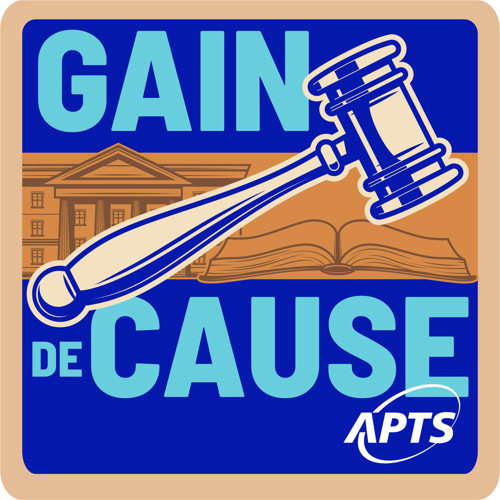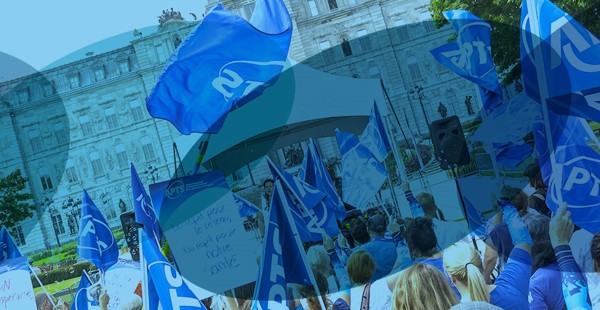Gain de cause | Élargissement de la prime en psychiatrie
2 octobre 2023

The APTS achieved a significant gain in the 2021 contract talks when the psychiatry premium was extended to a greater number of employees. This premium allows people working in some activity centres, who do not meet eligibility criteria for floating days off in psychiatry as defined in Article 22 of the national provisions, to obtain additional compensation equal to 2.2% of their salary.
But according to some institutions, the new clause (37.07 B) means that everyone working in the activity centres named in the clause has now lost the right to the floating days off. These activity centres are:
• 5940 Support in the community for people with severe mental health problems
• 5941 Assertive community treatment
• 5942 Variable community follow-up
• 5943 Flexible assertive community treatment
• 5944 First episode psychosis program
• 6280 Day hospital – Mental health
• 6281 Day hospital – Child psychiatry
• 6282 Day hospital – Adult mental health
• 6330 Secondary and tertiary care assessment and treatment services for mental health
• 6331 Secondary and tertiary care assessment and treatment services for mental health – Young people
• 6332 Secondary and tertiary care assessment and treatment services for mental health – Adults;
• 7043 Residential resources – On-going residential assistance (mental health)
The APTS has filed several grievances on this issue, and a first decision, involving the CISSS de la Gaspésie, was handed down by arbitrator Julie Blouin on September 13. Blouin fully agreed with the union’s arguments and confirmed that Article 22 on floating days off takes precedence over the new clause regarding compensation.
Adding a list of activity centres for financial compensation was not intended to abolish floating days off for people who benefitted from them under Article 22; the goal was to give additional compensation (2.2%) to people who were not eligible for the floating days off.
Let’s hope this unequivocal victory will induce other institutions to change their position!

